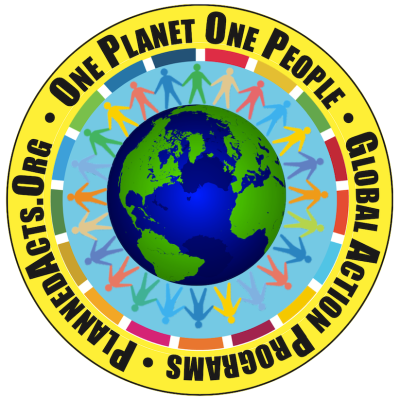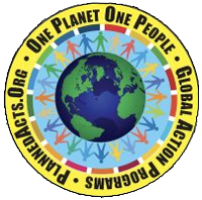

The Power of Planned Acts of Kindness: How Small Gestures Can Make a Big Impact
In a world that often seems filled with negativity and strife, it is easy to underestimate the power of small acts of kindness. However, these seemingly insignificant gestures have the potential to make a big impact on both the giver and the receiver. Planned acts of kindness, in particular, have the ability to create a ripple effect of positivity that can spread far beyond the initial act.
Planned acts of kindness involve intentionally setting aside time and effort to perform acts of kindness for others. This could be as simple as buying a cup of coffee for a stranger or volunteering at a local charity. The key is to plan these acts in advance, ensuring that they are not just random acts of kindness, but rather intentional and purposeful acts that can have a lasting impact.
One of the reasons why planned acts of kindness are so powerful is because they require thought and effort. By taking the time to plan and execute these acts, individuals are able to fully engage with the act of kindness and experience the joy and fulfillment that comes from helping others. This sense of purpose and fulfillment can have a profound effect on one’s overall well-being and happiness.
Spreading Joy and Positivity: The Ripple Effect of Planned Acts of Kindness
When someone experiences an act of kindness, it has the potential to create a ripple effect of positivity that extends far beyond the initial act. This is because acts of kindness have a way of inspiring others to do the same. When people witness acts of kindness, it reminds them of the goodness in the world and encourages them to spread joy and positivity in their own lives.
For example, imagine a person who witnesses a stranger helping an elderly person cross the street. This simple act of kindness may inspire that person to perform their own act of kindness, such as helping a neighbor with their groceries or donating to a local charity. This ripple effect continues as each act of kindness inspires others to do the same, creating a chain reaction of positivity.
Research has shown that acts of kindness can have a profound impact on both the giver and the receiver. A study conducted by the University of California, Berkeley found that performing acts of kindness can lead to increased happiness and well-being. The study also found that those who witness acts of kindness experience a boost in mood and are more likely to engage in their own acts of kindness.
Unleashing the Power Within: How Planned Acts of Kindness Can Transform Lives
Planned acts of kindness have the power to transform lives, both for the giver and the receiver. When individuals engage in acts of kindness, they tap into their own capacity for compassion and empathy, allowing them to connect with others on a deeper level. This connection can lead to a greater sense of purpose and fulfillment in life.
For the receiver, acts of kindness can provide a much-needed boost in morale and self-esteem. Whether it is a small gesture like a compliment or a larger act like volunteering, these acts can remind individuals that they are valued and cared for. This can have a profound impact on their overall well-being and can even inspire them to pay it forward and engage in their own acts of kindness.
Cultivating a Culture of Kindness: Harnessing the Power of Planned Acts to Create a Better World
In order to harness the power of planned acts of kindness and create a better world, it is important to cultivate a culture of kindness. This involves creating an environment where acts of kindness are not only encouraged but also celebrated and rewarded.
One way to cultivate a culture of kindness is through education and awareness. By teaching children and adults about the power of kindness and the impact it can have on individuals and communities, we can inspire them to engage in their own acts of kindness. This can be done through school programs, community initiatives, and media campaigns that highlight the importance of kindness.
Another way to cultivate a culture of kindness is through leading by example. When leaders and influencers in society engage in acts of kindness, it sends a powerful message to others that kindness is valued and important. By showcasing acts of kindness and highlighting the positive impact they have, we can inspire others to follow suit and create a ripple effect of kindness.
In conclusion, planned acts of kindness have the power to create a ripple effect of joy and positivity that can transform lives and create a better world. By intentionally setting aside time and effort to perform acts of kindness, individuals can tap into their own capacity for compassion and empathy, while also inspiring others to do the same. By cultivating a culture of kindness and celebrating acts of kindness, we can harness the power of planned acts to create a more compassionate and caring society. As Mahatma Gandhi once said, “Be the change you wish to see in the world.”

